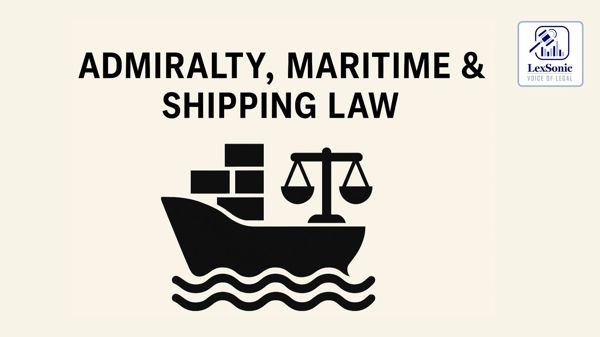Court Upholds Arrest of Vessel in Repair Cost Dispute.
07 May 2024
Arbitration Law >> Business & Commercial Law | Admiralty, Maritime & Shipping Law >> Miscellaneous
A recent court ruling sheds light on the legal procedures for arresting vessels in maritime claims. Vision Projects Technologies, a repair company, successfully defended an appeal against the arrest of the vessel "OSV Crest Mercury 1."
Background:
The dispute arose from unpaid repair costs. Vision Projects claimed they performed repairs on the vessel at the request of the owner, Continental Radiance. However, Continental Radiance allegedly failed to settle the bill, leading Vision Projects to take legal action. Vision Projects filed a Commercial Admiralty Suit and obtained a court order to arrest the vessel. This action aimed to secure their claim for USD 1,873,082.32 by holding the vessel until the dispute was resolved.
Challenging the Arrest:
The vessel owner and its representatives contested the arrest order on several grounds. They argued that Vision Projects acted prematurely by not providing prior notice due to a filed caveat. Additionally, they claimed the arrest violated an undertaking made during arbitration proceedings and that Vision Projects' urgency claims were unfounded. Finally, they questioned the validity of the repair cost claim itself.

Conclusion:
The court dismissed all arguments presented by the vessel owner. It clarified that ongoing arbitration proceedings don't prevent the seizure of a vessel to secure a potential award. The court also highlighted that caveats filed under the Civil Procedure Code don't apply to admiralty cases, which have specific rules under the Bombay High Court. Furthermore, the court ruled that the undertaking made during arbitration was limited to those proceedings and didn't restrict Vision Projects from filing an admiralty suit. Importantly, the court emphasized that urgency isn't a requirement for arresting a vessel in such cases. The focus lies on the existence of a maritime claim and the potential liability of the vessel owner.
On the matter of the repair cost claim itself, the court found Vision Projects' arguments credible and sufficient justification for the arrest order, upholding the lower court's decision. However, the court did order a reduction in the security amount that Vision Projects had to deposit to secure the release of the vessel.
The Takeaway:
This case highlights the legal recourse available to companies involved in maritime disputes. While the court upheld the arrest order, the ruling on the security amount suggests that courts may consider the specifics of each case when making such decisions.
Arbitration and Conciliation Act, 1996 ADMIRALTY (JURISDICTION AND SETTLEMENT OF MARITIME CLAIMS) ACT, 2017
